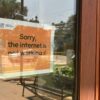

Jolting a computer component to make it work faster than its manufacturer-rated speed. That’s overclocking.
But in Grand Canyon University’s soon-to-open Overclock living-learning community in Encanto Apartments, near the Technology Building, “we’re overclocking the mind,” said College of Engineering and Technology Dean Paul Lambertson.
Slated to open to its first cyber students in the fall – plans are to occupy two floors in Encanto Apartments – Overclock will be the newest living-learning community on campus, much like Honors College students have their own space in the Juniper residence hall.
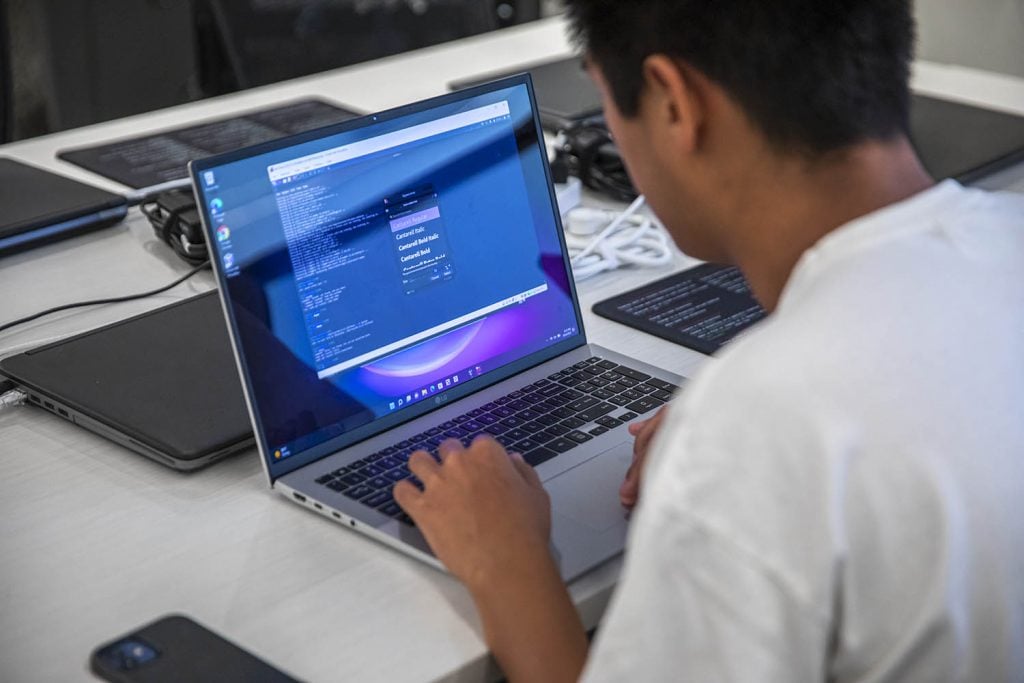
The dedicated floors will be open to all students enrolled in GCU’s cyber programs, and not just cybersecurity, but cyber management, IT with an emphasis in cybersecurity, software development and the like.
What makes Overclock different from any campus living space is, not only will students who choose to live there be sharing a residential area with students who have a similar academic interest, but they’ll have access to HackNet, which stands for Heuristics Accelerating Cyber Knowledge. (Heuristics refers to problem-solving that isn’t necessarily perfected or rationalized but involves thinking through things via experience and trial and error.)
“HackNet is the immersive network – the sandbox – you get to play in, ” Lambertson said of living in Overclock.

A team of cyber security analysts, IT security and operations professionals, technology students and the like are building that hackable, gamified network this summer. Cybersecurity major and HackNet team student leader George Argeris one of them.
“When I heard about it, I immediately knew this was something I wanted to be a part of,” said Argeris, who also works as a network technician for IT Operations at Grand Canyon Education. Argeris is helping students learn how to build the virtual machines that will be part of the network.
“The idea of a hackable network in a real environment for students to learn and build (their) expertise is something that no other college has done before. … Leading the creation of HackNet is my way of sharing my knowledge and experience with others.”
The all-cyber-students-living-space concept came out of feedback from students and employees over the years who wanted more practical, real-world experience, said Dr. Pam Rowland, associate dean of technology.
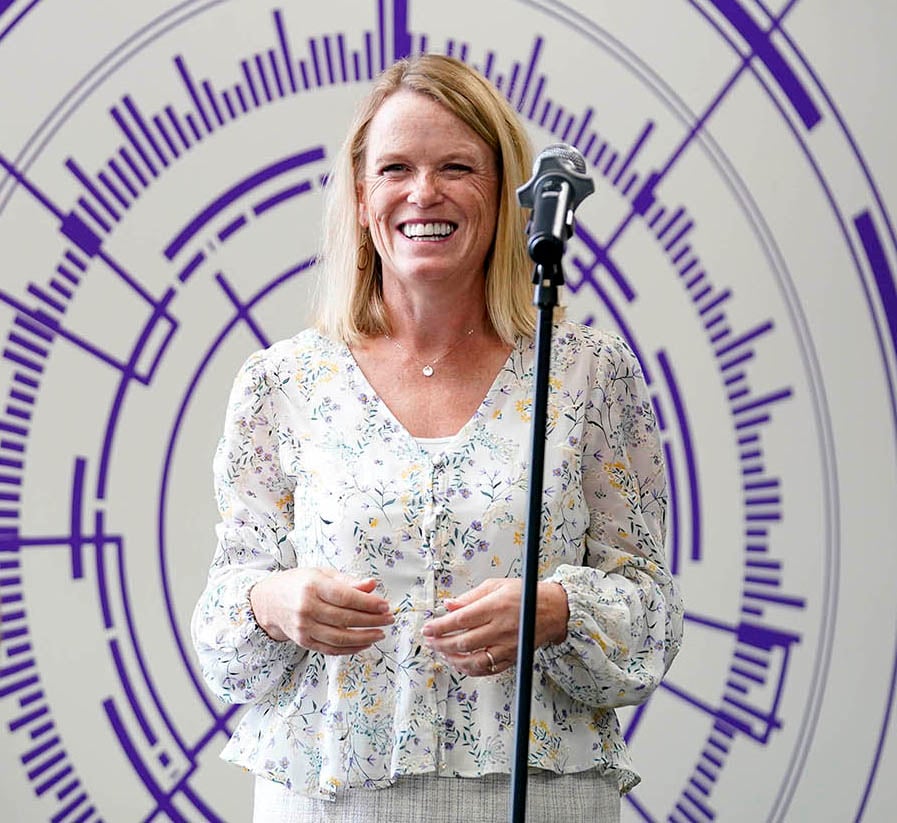
At a meeting-of-the-minds at this year’s Governor’s Celebration of Innovation Awards dinner, the idea picked up steam among the college’s technology leaders and “all of a sudden, we had a meeting scheduled with (university President) Brian (Mueller),” said Lambertson, who helped push the initiative forward.
“Why would we even do this?” Lambertson said. The university decided that “cyber students, much like GCU, are a little different. The idea is, we spend so much time at GCU trying to be able to connect with our students. Part of understanding the cyber student is that their brains work at different times.
“At 2 in the morning, they’re on – not all of them – but some of them.
“So how can we create a living environment that can also be a learning environment? The immersion is combining the living and learning into one.”
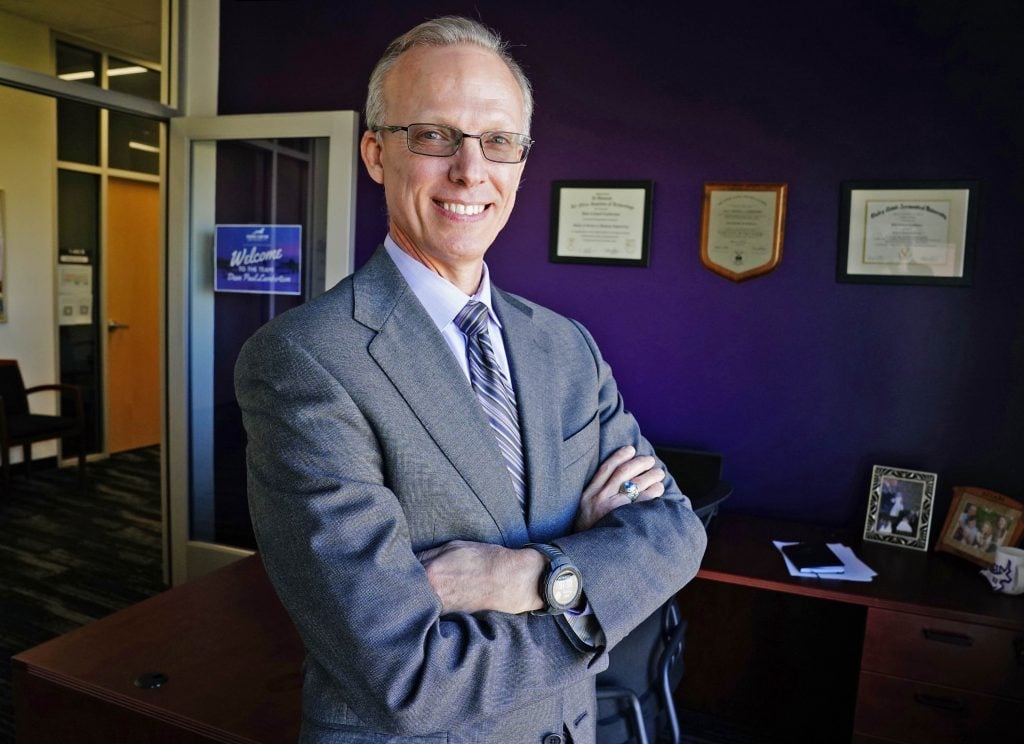
A dedicated living-learning community is just one plus for cyber students at the university.
Another resource is the Cyber Center of Excellence, a hands-on cyber range in the Technology Building where students can take apart and put together servers, learn to crack passwords, clone keycards and ethically break into networks to increase their knowledge of how to fight cybercrimes.
Another plus is that two of GCU’s programs – the Bachelor of Science in IT with an Emphasis in Cybersecurity and the BS in Cybersecurity – have been recognized by the National Security Administration as Centers of Academic Excellence in Cyber Defense. That means the university meets specific standards for cybersecurity education and that students completing those programs also have met those rigorous requirements.
This NSA designations, along with the Information Systems Security Association naming GCU its 2025 Organization of the Year, have helped boost GCU’s name recognition when it comes to cyber education.
The Overclock cyber floors will add something unique to the campus’ already robust residential community, touted by Niche in 2025 as being No. 1 on its Best College Dorms in Arizona list and No. 4 in the Best College Dorms in America.
Much of the university’s growth has been in its living spaces, with all but two of its 32 residential facilities – soon to be 33 when Gila Apartments opens in the fall – constructed over the past 15 years.
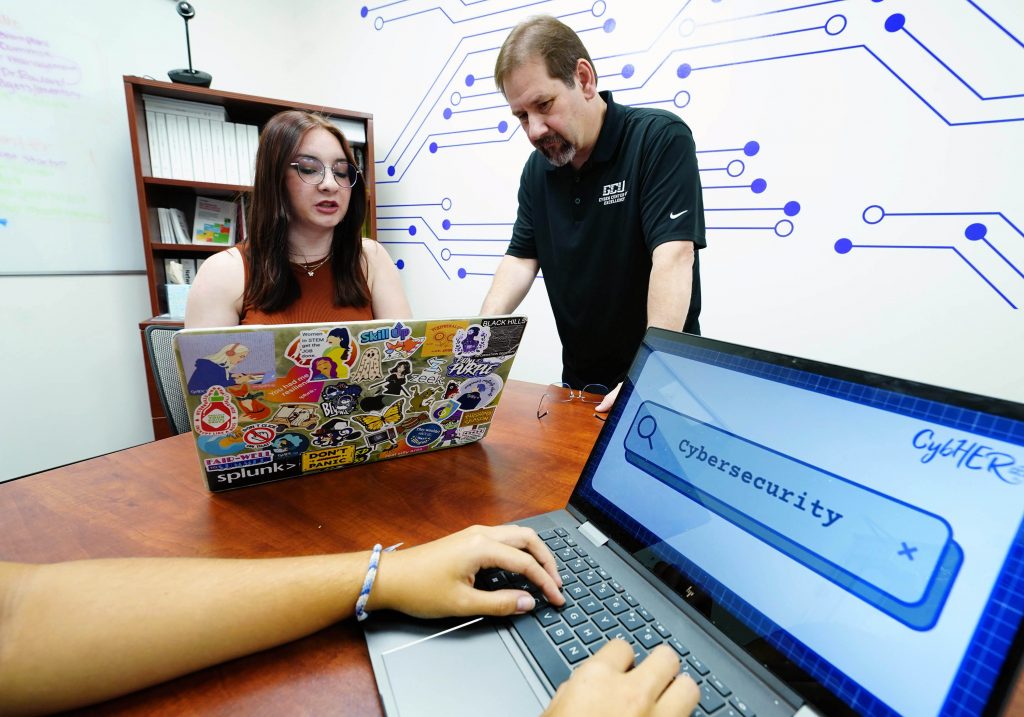
Lambertson gets excited when he speaks about all the resources that have come together for the campus’s cyber students, particularly when he talks about Overclock and HackNet and their fall debut.
“I believe nobody else is doing this,” Lambertson said of the cyber living-learning community. “I think this is unique.”
Internal Communications Manager Lana Sweeten-Shults can be reached at [email protected] or at 602-639-7901.
***
Related content:
GCU News: Cybersecurity icon shares insights on NASA, early days of information security
GCU News: GCU students’ lessons in cyber span from Phoenix to Hawaii


